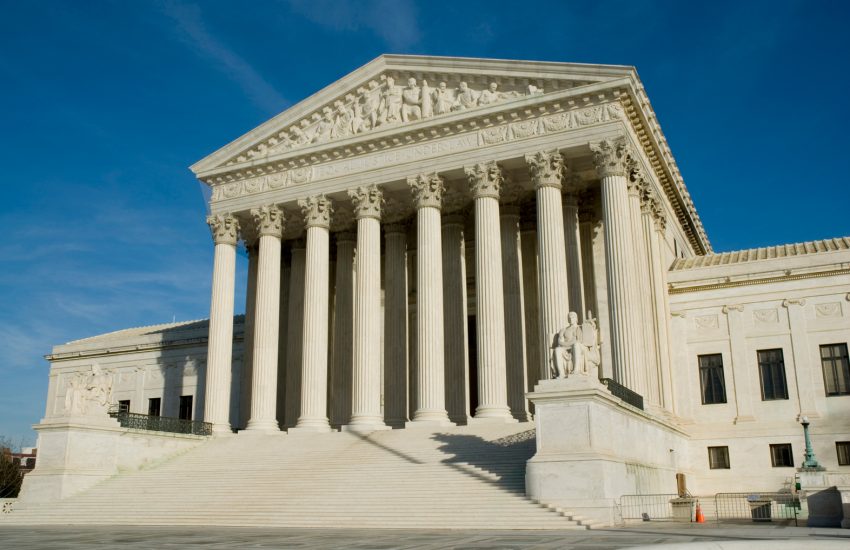As previously reported by the Environmental Law Monitor, in January 2021, the Supreme Court of the United States granted certiorari in the matter of Guam v. United States, to resolve a long-standing circuit split on an issue related to CERCLA’s settlement and contribution provisions.
By way of background, the United States and Guam have been embroiled in a decades-long dispute over the Ordot Dump, which was constructed by the United States Navy in the 1940s, and served as a toxic military waste deposit until the United States ceded control of the site to Guam, which continued to use it as a public landfill. In 1983, the Environmental Protection Agency added the Ordot Dump to its list of Superfund sites. After Guam allegedly failed to comply with EPA directives to remediate it, the EPA sued Guam under the Clean Water Act. Guam and the EPA ultimately entered into a consent decree in 2004, which required, among other things, that Guam pay a civil penalty and close and cover the dump.
Thirteen years later, in 2017, Guam sued the United States to recoup the costs associated with executing on the consent decree. Guam asserted a cost-recovery claim under CERCLA §107(a), which allows a State (or territory) to recover “’all costs of removal or remedial action’ from ‘any person who at the time of disposal of any hazardous substance owned or operated any facility at which such hazardous substances were disposed of;’” and also a contribution action, under §113(f)(3)(B), which provides that “person who has resolved its liability to the United States or a State’ in a settlement to seek contribution” from another responsible entity.
The United States moved to dismiss both of Guam’s claims, arguing that the cost-recovery claim had to be dismissed because the contribution claim was Guam’s exclusive remedy under CERCLA, but then that the contribution claim was time-barred and should also be dismissed. The D.C. Circuit Court granted the motion, finding the two claims mutually exclusive. The court further concluded that while Guam possessed a contribution claim at some point, the 2004 consent decree triggered a three-year statute of limitations on the claim, and as such, it was time-barred.
On appeal to the Supreme Court, Guam backed off of its complaint, arguing that it never had a viable contribution claim under §113(f), and as such, it was free to pursue cost-recovery under §107(a). That is, Guam argued, among other things, that a contribution claim would have only arisen if a settlement involved liability under CERCLA, and not under some other law, such as the Clean Water Act, which gave rise to the 2004 consent decree.
Given this, the question before the Supreme Court was whether a person must resolve a CERCLA-specific liability in order to trigger the contribution right, or “whether a broader array of settlements involving environmental liability will do.” Justice Clarence Thomas delivered the unanimous opinion of the court, which, focusing on statutory interpretation, held that “[t]he most natural reading of §113(f)(3)(B) is that a party may seek contribution under CERCLA only after settling a CERCLA-specific liability.” The Court found that the subsection of the statute centered on and was titled “contribution,” which was the first clue that it was intended to deal with only the distribution of CERCLA liability. To interpret §113(f) as a “free-roving contribution right for a host of environmental liabilities arising under other laws” would be difficult to reconcile. The Court therefore found that the §113(f) contribution provisions anticipate a predicate CERCLA liability and as such “[a] settlement of environmental liabilities must resolve a CERCLA-specific liability to give ruse to a contribution action under §113(f)(3)(B).”
Given the holding, Guam’s contribution claim was properly dismissed, but its cost-recovery claim is restored, as the Court remanded the case for further proceedings consistent with its opinion. Moving forward, the decision provides clarity as to the requirements for asserting CERCLA contribution claims, and also as to those entities subject to liability for contribution. Additionally, the decision may serve to promote settlements of CERCLA liability, given that it provides clear guidance as to the cost-sharing remedy available to those who settle.

